Changing the Conversation Around Childhood Trauma and Abuse Survivors
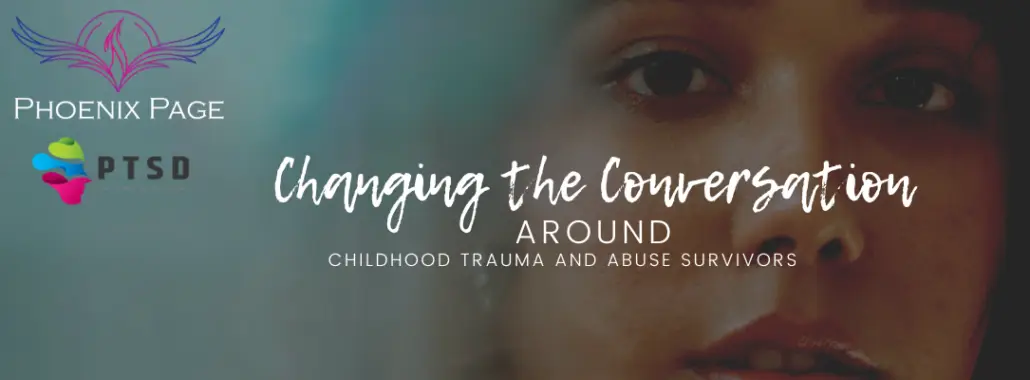
Survivors of childhood trauma and abuse often face dismissive and victim-blaming attitudes. Phrases like “stop focusing on the past,” “get over it,” and “you’re just making yourself the victim” are not only hurtful but also harmful. They undermine the survivor’s experience and further perpetuate their pain. These responses are especially damaging as they shift the blame onto the survivor and dismiss the severity of their trauma.
Breaking the Silence
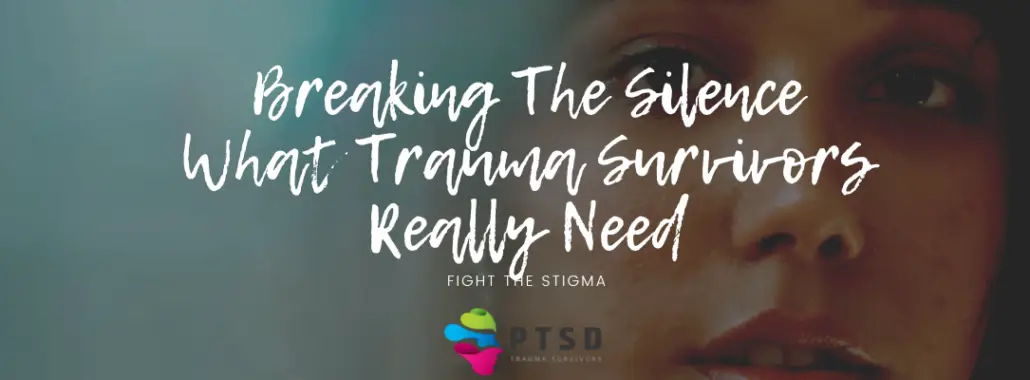
What Trauma Survivors Really Need from Society Living with trauma and its aftermath is a battle fought every day. For survivors of trauma and abuse, the road to recovery is often long and filled with challenges that many cannot see or understand. This blog post aims to shed light on what trauma survivors truly need […]
Unmasking the “Stop Playing the Victim” Gaslighting Tactic
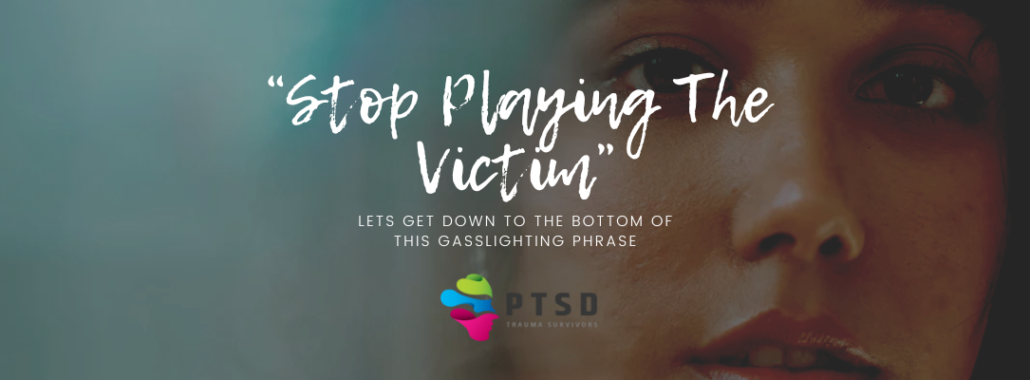
The phrase “stop playing the victim” is often wielded as a tool of gaslighting against survivors of trauma. Those who use it frequently have little understanding of how trauma works and harbor misguided notions about the healing process. It’s a pernicious statement that invalidates the survivor’s experience and perpetuates a cycle of abuse and violence, often under the guise of ‘tough love’ or misguided authority.
Demystifying the New Terminology for Different Sexual Identities
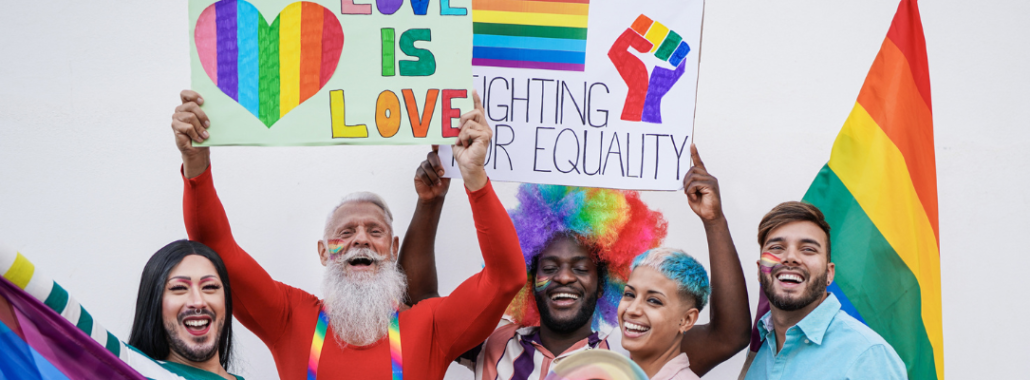
Personal identity is something that is beautiful, and we have begun to open our mind.
Understanding Victim Shaming: A Guide for Adult Survivors of Childhood Abuse

As a survivor of childhood abuse, it can be hard to come to terms with the trauma that you’ve experienced. It can be even harder when those around you don’t understand the complexity of what you’ve been through. Victim shaming is an all too common occurrence that adult survivors of childhood abuse can experience, leading to feelings of shame, guilt, and even self-blame. In this blog post, we will explore victim shaming and how it affects survivors of childhood abuse. We’ll also provide you with a guide to understand and manage victim shaming that can help you on the road to recovery.
Maintaining Autonomy During Trauma Survival

Maintaining autonomy while healing from trauma can be an important aspect for survivors. It is important for survivors to have control over their own healing process and journey. This can be done by setting boundaries and establishing a sense of agency. Survivors can set boundaries with their therapists, friends, and family members in order to maintain a sense of control over their healing journey. Additionally, utilizing self-care techniques and practicing mindfulness can help survivors feel more in control of their own healing. It is also important for survivors to have a support system that respects their autonomy and allows them to make decisions about their own healing. By maintaining autonomy, survivors can reclaim their power, build resilience, and take steps towards healing from their trauma at their own pace.
10 ways to turn a bad day into a good one!

We all have those days when nothing goes right. You wake up on the wrong side of the bed, your alarm clock doesn’t go off, and then you get stuck in traffic. You’re not alone.
PTSD, CPTSD Trauma Survivors in the workplace

I have something to say and I sincerely hope you will listen. It is time to break the stigma against people who have suffered trauma and live with wounds still bleeding and scars not yet fully healed. Invisible wounds that no one can see unless they watch very closely.
PTSD, CPTSD Trauma Survivors and Social Media
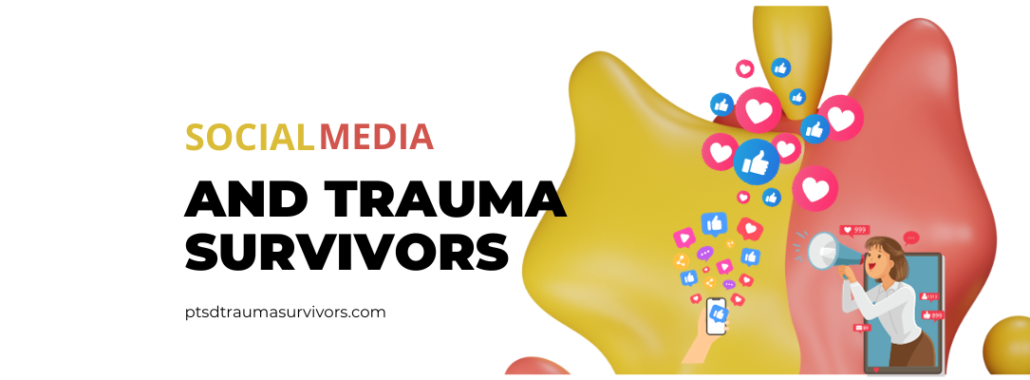
Once upon a time a beautiful baby was born to a very troubled woman. This baby was special. She was born with a full head of dark hair and eyes that seemed to be older than time itself.
A Big Trigger Breakthrough
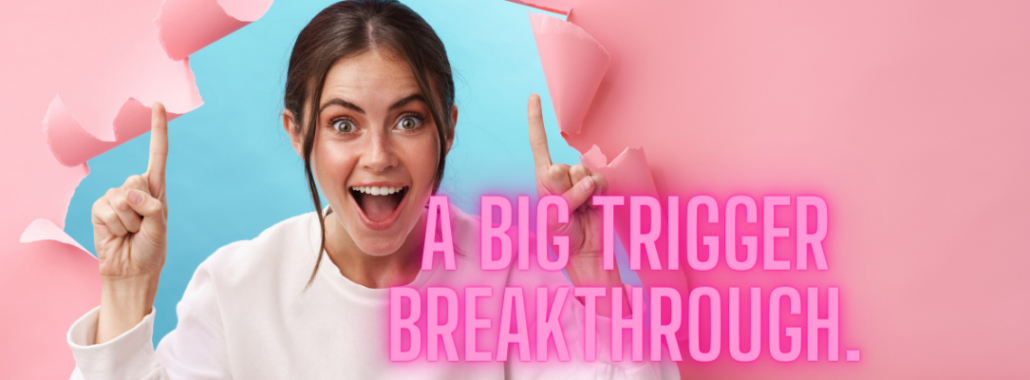
It is interesting that now, when I have a breakthrough or epiphany or even a breakdown, my first impulse is to do a live video to talk about it, so that I can share my journey, but also so I can feel less alone, less isolated and so that I can show others that it is okay to be yourself, and, if yourself happens to be like myself, messy as fuck, then you rock that shit. It is okay to show emotion, rage, scream, cry, punch a pillow, sleep, or shut down for a bit, all of these are normal ways to show your emotions, and people like us are suffering, often in silence. I am not. I am right here. Plain view. Showing much of what I am dealing with. It is okay, whatever way you deal with your trauma, you are valid. Alright, self-affirmations aside let’s dig into this trigger.
